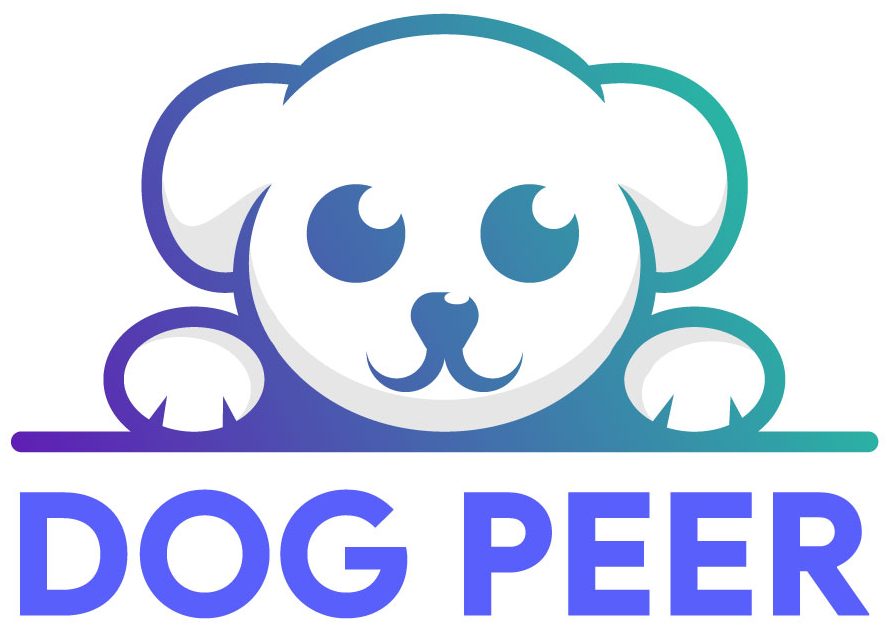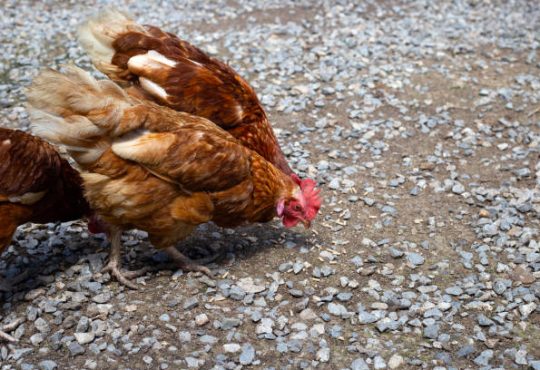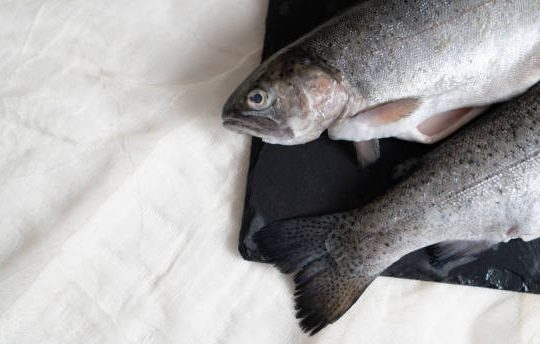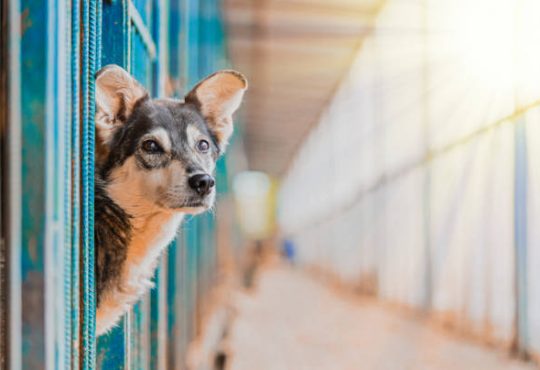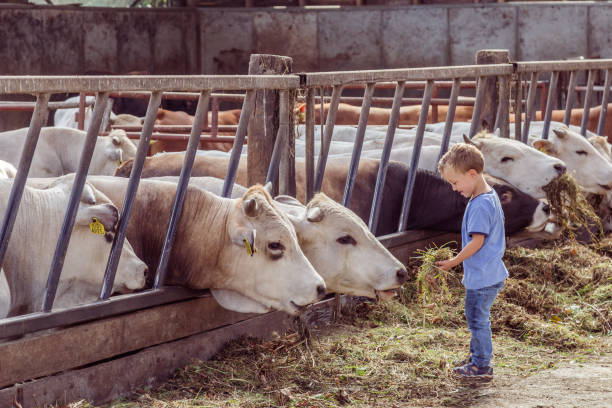
Our top 4 questions to ask for better welfare for dairy cows and calves
You may have wondered which milk, cheese, and yogurt brand is better for animals when you were in the supermarket aisle. You’re not the only one who has wondered about this. Many Australians support higher welfare farming, and they look for labels to guide their decision. It’s sometimes easy – like looking for cage-free chicken or RSPCA-approved certification on eggs – and other times, it’s more difficult. What’s up with dairy? It’s easy to show your support for dairy farms that practice good animal welfare by asking four simple questions about your favorite dairy brands.
Around 1.4 million cows are milked on farms in the United States. Each year, each of them will produce a calf so that she can continue to produce milk. Male calves are often raised as a dairy by-product, and female calves are usually raised to be part of the herd. Every year, around 400,000 calves are not replaced (also called bobby calves) and are slaughtered before they have even reached the age of a week.
Animal welfare in dairy
Despite the fact that Australia has extensive indoor production systems for dairy, most Australian cows spend most of their time on pasture. Several important animal welfare issues in dairy farming impact cows and calves.
The treatment of bobby calves on farms, in transport, and at the slaughterhouse is a major issue. It’s vital that these calves, even though they will be slaughtered, are treated in a manner that meets their needs, taking into consideration their vulnerability due to their young age. If done correctly, the alternative market of raising these calves to a later age to be used for beef or veal products can increase their value as well as improve welfare. As part of its RSPCA Approved Farming Scheme, RSPCA offers an animal welfare standard for dairy calves. Farmers who rear dairy calves to be used for beef or veal can join the program.
It is also important to find ways to reduce stress when calves are separated. This includes ensuring that calves still can express normal behaviors, like suckling.
In dairy farming, calves and their mothers are usually separated within 24 hours after birth. The main reason for this is to minimize the chance of a calf contracting a disease and to ensure that it receives enough colostrum. Separation also helps with milking and cow care. Separating a cow and her calf at any time is stressful to both animals, but the stress increases with each passing day. Calves that their mothers raise can drink more, suckle more, and drink more. The RSPCA also believes that leaving cows and calves together or in some form of contact has additional benefits.
To have a long and healthy life, dairy cows must be well-fed, healthy, protected from extreme weather conditions, have access to pastures, be without lameness or free of mastitis, and avoid painful procedures.
What is the dairy industry up to?
Since 2012, the Australian dairy industry has been reporting publicly on its progress.
In 2018, the industry made commitments to improve animal welfare. The most recent report reveals that improvements have been made, with fewer farmers tail-docking cattle and inducing calves. More farmers disbud (remove horn buds from) calves younger than two months old, and three out of four farmers use pain relief to do so. Even better, more farmers use polled genetics (hornless), which eliminates the need for disbud. The report shows that more farmers are implementing strategies to prevent lameness and are building infrastructures to keep cows cooler.
The latest report also shows that farmers are more likely to sell calves older than five days. The framework does not have a goal to reduce the number of bobby calves that are sent to slaughter through alternative markets or to increase contact between the cow and the newborn calf.
What can you do?
You can make a difference by buying dairy products such as milk, cheese, yogurt, and other dairy items. You can show brands what you care about by asking about animal welfare and choosing brands that are transparent and open about their farming methods. To support higher animal welfare, it is important to acknowledge that farmers deserve a fair wage for their work and that higher standards of welfare cost more.
